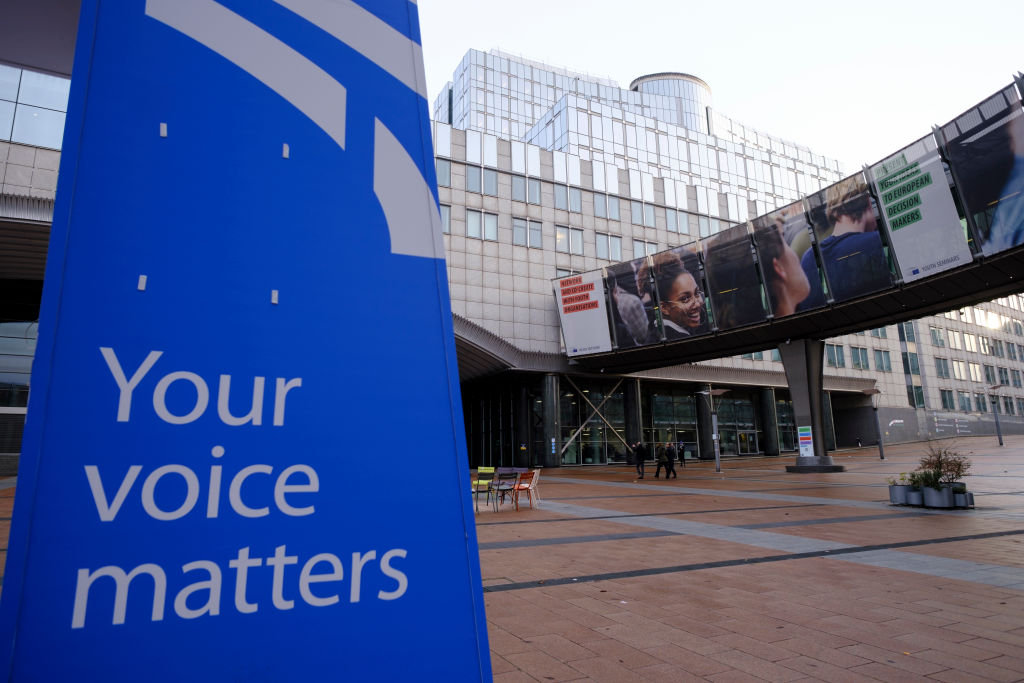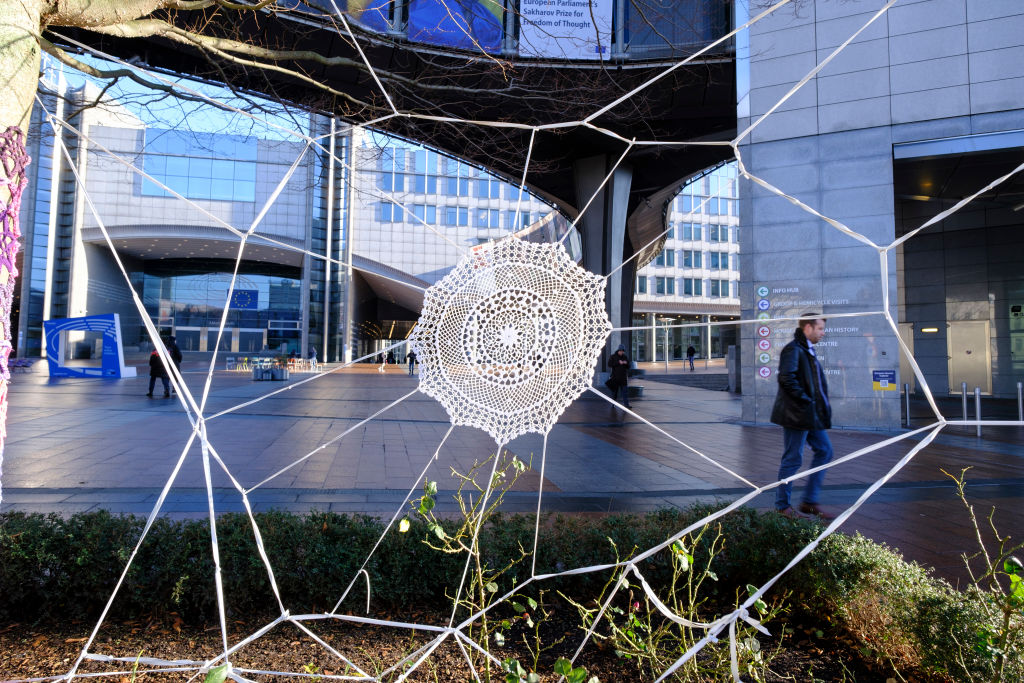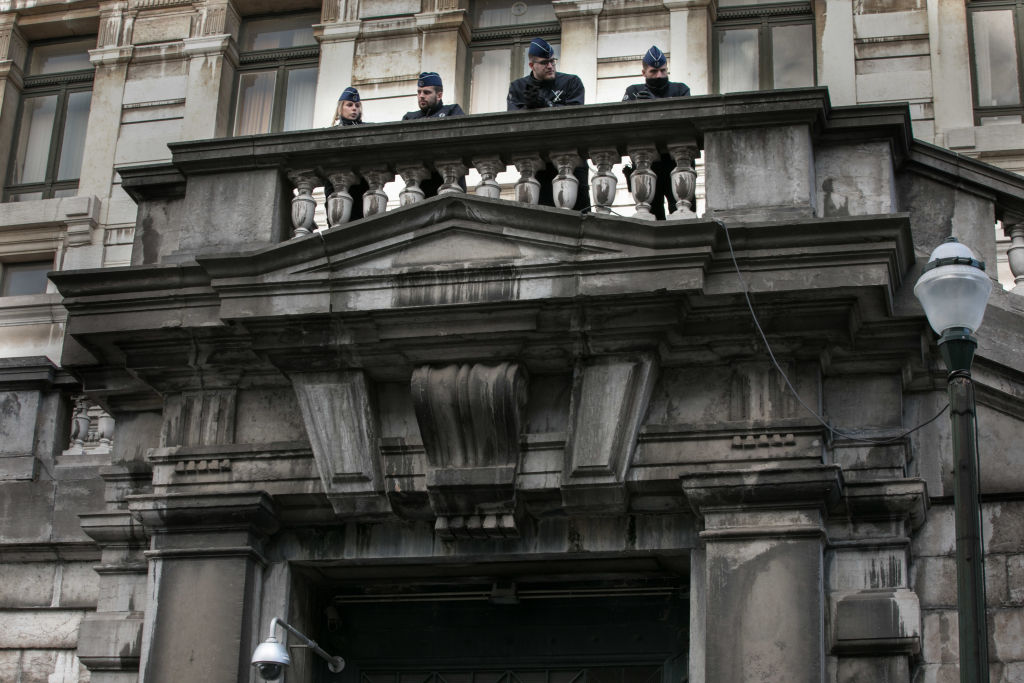An unnamed lead inspector in the Qatargate cash-for-influence inquiry in the European Parliament claimed he and two colleagues were poisoned in an attempted murder.
The prosecutors’ office in Brussels has launched an investigation.
It adds yet another controversial element to what seems an increasingly murky corruption case in the Parliament.
In January, the three inspectors from the Central Anti-Corruption Service working on Qatargate were arrested in a Brussels bar over alleged unruly behaviour towards other patrons during which a bartender was allegedly physically assaulted. Bar terrace furniture was reportedly also damaged.
“When the local police arrived at the scene, a brief altercation ensued, involving pushing and shoving, during which the officers were subjected to insults,” Flemish media reported.
According to Belgian news outlets Het Nieuwsblad and La Capatale, one inspector fell over several times and was only subdued when he fell again outside in the snow. He was taken to hospital by police and then to the cells.
A disciplinary investigation was opened and it was reportedly assumed by the police that the three were extremely drunk, causing them to behave in the way they did.
Despite the police conclusion, the prosecutors’ investigation seems to put that assumption in doubt.
The behaviour of that one investigator was, the media outlets said, so outrageous that he was described as being “beastly wild” and a doctor had to give him a sedative injection to calm him down.
When placed in a cell, he allegedly banged on the door for some time, moaning in pain. After being taken back to hospital, doctors determined he did have serious medical complications.
According to Belgian media, the investigator had suffered a bladder rupture causing internal bleeding that could have proved fatal if left untreated. Urgent surgery was performed.
In the ensuing blood and urine tests, it is reported a substantial amount of amphetamines were found in his body, despite that being 12 hours after his initial arrest.
He remained hospitalised for several days.
According to Het Nieuwsblad and La Capatal, the investigator in question has said he does not remember anything about the evening’s events while his colleagues also say their memory of the night is fragmented. They also both showed signs of an amphetamine impairment, albeit less severe.
The prosecutor in the case reportedly now believes someone spiked the three mens’ drinks, presumably in another bar they had visited first.
According to the Belgian media, this is supported by the fact that the three inspectors have an “impeccable reputation” and are not known to indulge in excessive drinking or drug abuse.
On the night of the events, they reportedly had no more than five drinks each over a three-hour period.
The inspector who was hospitalised is apparently well-respected for his work on terror investigations, once being caught up in a shooting incident involving an armed and dangerous terrorist.
Belgian media stated that spiking with amphetamines is a “well-known” technique apparently connected to Moroccan secret services and used to damage and compromise opponents – or lead investigators – rather than kill them.
Amphetamines are also often used for their recreational or performance-enhancing properties, for example by some athletes, which according to the media, means that deliberate personal use remained a possibility.
The Brussels prosecutors’ office said that a complaint regarding the incident had been filed for “attempted murder” but declined to provide further information “in the interests of the investigation”.





